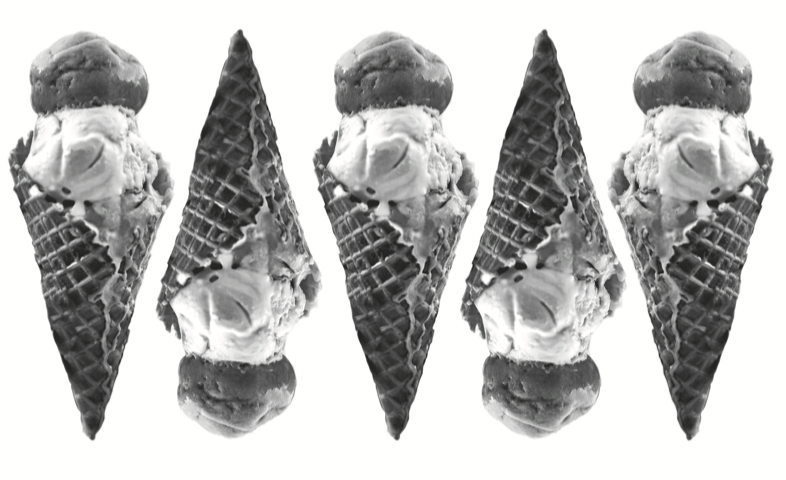“Untranslatability”
By James Yeh, originally published in the Drift (2022)

Image by John Kazior
1.
It’s an old story. Two people together, simple, straightforward. She’s a translator; he is, I am sorry to say, a writer. Emily’s more successful, Charles more embittered. He hadn’t meant to end up like this — who does? But that’s life sometimes.
Let’s say they’re in their early thirties, have been together a while, weathered the storms to emerge more or less intact, stronger even, when Emily receives a grant from the Swiss consulate to translate a novel by T—, the country’s greatest and most eccentric writer. She’s offered two months at a residency in Berlin, where T— had written the book. Charles supports this, of course. He’s an MFA graduate, not a troglodyte. Let her shine. Besides, he reasons, it reflects well on him.
Her connection to T— was something he cherished and couldn’t keep from bragging about to his friends, and occasionally some of hers, as if he himself were the one translating the book.
2.
So Emily takes off while Charles stays put. She chips away at the T— translation while Charles spins his wheels on his own manuscript, but that’s no surprise.
He is, as I said, a writer. But really he’s an editor, toiling at a large media company in New York that gobbles up all his time and attention. You do what you do: field the emails, publish the posts, monitor traffic. They set aside an hour each day to skype, as he’s getting ready for work or she’s getting ready for bed. Not ideal, but they’re trying. Their growing rift won’t occur to him until later, though the signs are there, for instance, in the curious photos Emily sends from the residency.
The images are less erotic than he would have liked. The first is of her along the riverbank, a somber look on her face. In the second, she’s at her work desk with enormous crazed eyes, seaweedlike hair as though she’s just emerged from the unmade bed partly visible in the background.
And then there is the postcard from T—’s sanitarium up north, where the great writer had spent his final two decades on earth willfully rotting away, as the story goes, not writing but “being mad” — gluing bags, sorting twine. On the back of this card, Emily regrets not being more thankful for the concert tickets Charles bought them last Christmas.
Continue reading in the Drift.